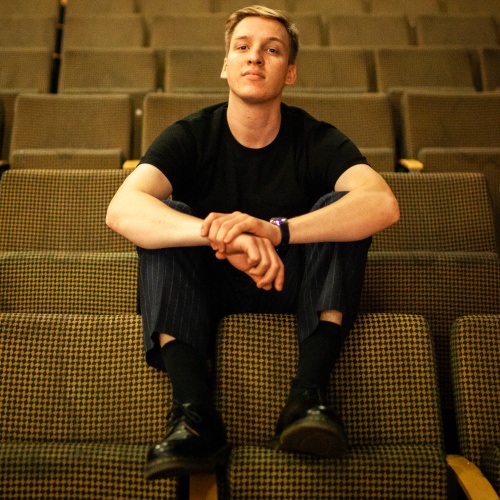
As well as discussing the debilitating impact of the condition, he also reveals insights into more general pressures and anxieties associated with being a high-profile touring musician.
The first episode of the new series with George Ezra is produced by Audio Always for BBC Radio 5 Live and is available now on BBC Sounds.
George Ezra explains what Pure O is to him and how it has impacted him:
“We all know OCD. We hear of extreme cases when people have to flick a light switch a certain number of time before they can leave the house. My understanding is that is a physical reaction to intrusive thought patterns. Pure O is when you have the thought patterns and the intrusive thoughts without any of the physical actions to relieve them.”
“In hindsight, this is something that I’ve had my whole life. But as a kid, your intrusive thoughts are based in a less harmful place. They’re far more naive. Then you know you grow up and you start to understand the nature of taboo. It feels like you’re testing yourself.”
“It feels like you go, ‘in this situation, the worst thing you could think is….’ and then you have that thought. Then you’d think, ‘George, don’t have that thought again, and so you do. Then you think, if you’re somebody that can have that thought, does that mean you are this person? And if so, you’re f*****g horrible mate.”
“At its worst, it was as if before my eyes had opened, they would have already started. It would last until I went to bed and I wouldn’t have lived – I wouldn’t have been alive. You were kind of vacant to the world around you and you’re not really there.”
On overcoming his condition and how his experience is informing the writing process for his next record:
“It got worse before it got better, that’s for sure. But there came a point where I realised I’ve got to do something about this. I needed to talk to somebody. I needed to get myself out. I needed to start making moves and some of those moves might not necessarily be the thing that solves the problem. But I needed to start doing something.”
“As a result, the songs I’m writing now for my next record, are addressing far more idea of confronting these things. That is daunting for all of us. I believe it’s the right thing for me.”
He admits that he doesn’t yet feel comfortable publicly sharing the kind of thoughts his condition would continually bring up:
“I don’t know that I can be that open. It’s almost like I’m not brave enough to try it just yet.”
He reveals how transcendental meditation has helped him, providing an insight into how it works for him and what it entails:
“You have to buy into it. I should say, quite soon after starting, it became very apparent that it was having a positive impact on my life. That’s the only reason I carry on doing it because I’m convinced I see a difference in myself.”
“…you repeat (a word) for twenty minutes with your eyes closed. Just twenty minutes of repeating the same word over and over with your eyes closed.”
“I spend my life either worrying about things I have done or have said, or things that happened in the past, or I spend my life worrying about things that could potentially happen. None of which I’m able to do anything about. I think that the point of the mantra is that in your day to day life, you start to replace the present moment with the mantra.”
The anxieties and pressures of working in the music industry…
He discusses how his lively on-stage persona and off-stage persona differ:
“I’m far more energetic when I’m on stage. I love it. I don’t know what happens, you step on stage and there’s an adrenaline that’s kind of unlike anything else I’ve experienced.”
“It has been a process, It’s not like I was playing open mics and doing knee skids. It’s like you get to this point, and it’s something about the band growing in size, the venues growing in size and a confidence to try things out, but I’m not that person off stage. I think a lot of people in the audience will assume that I’m constantly a fun time guy.”
On life as a touring musician, he stresses the importance of family and being around the important people:
“I tour with my sister, who I think I wouldn’t be able to do it without. It’s like a rock. You can ground yourself to this person that you love.”
“I don’t begrudge not having a phone book full of musicians, because the thing that became very apparent very quickly is that you don’t see the people that you know and love anywhere near enough. So when you do get a free minute, that’s who I want to see. That’s who I want to spend my time with.”
Going from a busy tour to returning home and the unexpected difficulties that arise:
“For the first week or first month, it’s just exciting. You’re just at the pub most days because there’s a friend or a family member had not seen in however long. That is brilliant – and then I hated it. You have gone from this world that is so regimented – you know what time you’re waking up the next day, your breaks have been scheduled in for you etc. Then (when home) no one is guiding you, which is fine, but you’re not used to that. I think both me and my sister found ourselves in horrible little spots.”
Ezra opens up about performing at the Brits after finishing an intensive course for OCD:
“I found an intensive course specialising in OCD. It finished the day of the Brits and I was in bits. It was CBT and essentially what I was doing is being exposed to the things I worry about the most. Then you’re getting up on stage to say how lovely a world it is and thank you for considering me tonight. I’m always amazed at what you can get through.”
He discusses the very real pressure of being a successful musician, highlighting that ‘success’ doesn’t always match up to happiness:
“I have these conversations with my manager at the moment where I’m convinced I can’t approach any future records in the way I have approached these two. In one year, I did thirty TV appearances in the UK alone. No one’s putting a gun to my head, making me do that. It’s this fear that self-employed people have – if I don’t say yes to that, what’s the knock on effect? There’s still this fear that I don’t want to be the reason something doesn’t work. That’s a killer. That’s too much.”
“We are under the impression as a society that there are certain lifestyles and things that you can do that are the thing you should be striving for. I think in many people’s eyes, I had that. But at the same time I was feeling the worst I’ve ever felt.”
He very honestly addresses the fact that 2018 single ‘Don’t Matter Now’ didn’t perform as well as hoped in the charts, as well as the impact that had on him.
“I don’t know if I was cocksure or blasé going into the second record. I don’t know what it was, but I didn’t think it would bother me as much that that song ‘Don’t Matter Now’ didn’t perform as well as I had anticipated.”
“There’s no denying that, with that second record, I went into writing thinking about festival audiences. How do you get that moment where hands are in the air and you have however many people singing? That to me is unbelievable, the feeling I get from that. It was almost like having experienced losing it for a second, or it potentially going away, (I realised) I’m not ready to say goodbye to this, whereas now I like that scratch has been itched.”

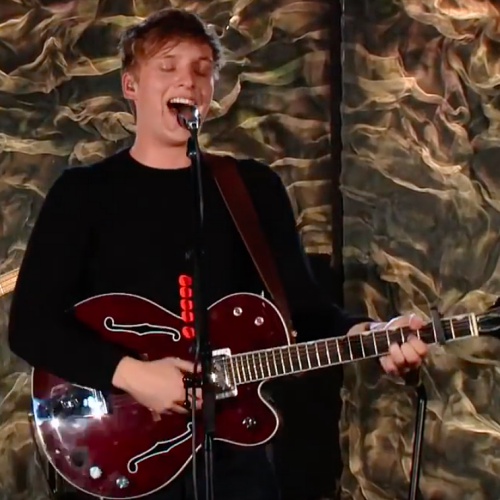


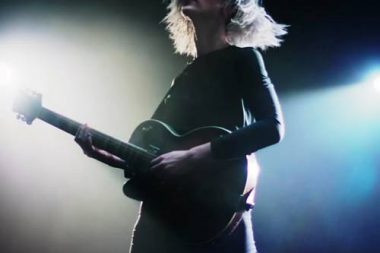
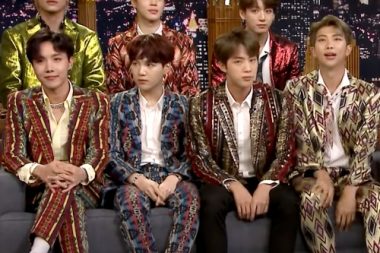
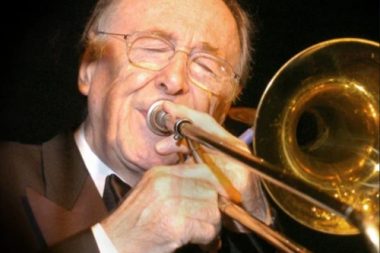
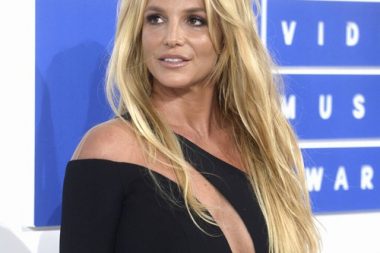
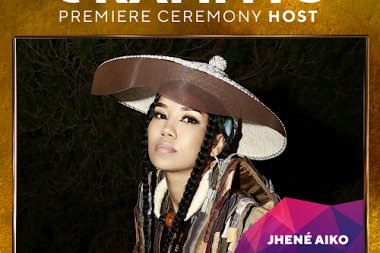
Leave a Reply